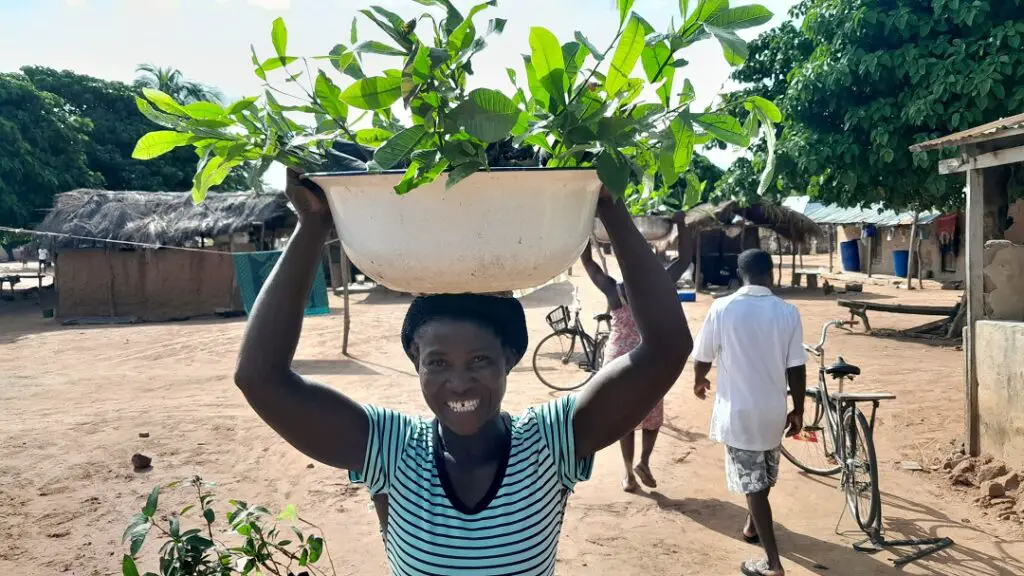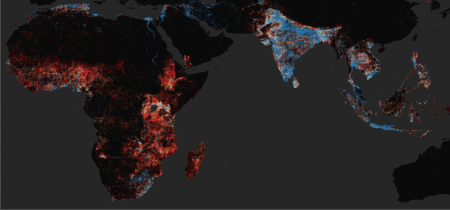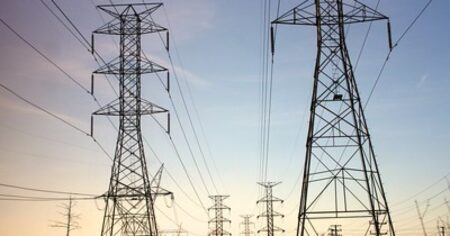- A resilient health system is one that can deliver high-quality care for its patients under pressure – which could be economic, social, or environmental.
- Achieving this requires us to proactively strive to keep people healthy, rather than waiting until they fall ill to intervene.
- Without equity, our efforts to build a greener, healthier Africa will fall short.
Climate change is no longer a theoretical challenge to be solved by future generations; it is a reality that communities across Africa are already experiencing in the form of higher temperatures, droughts, changing rainfall patterns.
Despite contributing the least to global warming and having the lowest greenhouse gas emissions, Africans face exponential collateral damage from climate change, posing systemic risks to its water and food systems, increasing the risk of disease and straining already fragile health systems.
Nexus of climate and health
As part of a series of regional meetings in the run up COP28 in the UAE later this year, this week changemakers from across the continent will come together at Africa Regional Climate Week to tackle this new reality and address the widening climate and health nexus.
It is a critical opportunity to accelerate efforts to build sustainable health systems across Africa, the key ingredients for which are resilience, equity, and climate action.
A resilient health system is one that can continue to deliver high-quality care for its patients under pressure – which could be economic, social, or environmental. Achieving this requires us to proactively strive to keep people healthy, rather than waiting until they fall ill to intervene.
This shift from “sick care” to health care means investing in health education, prevention, and screening so that diseases are avoided entirely or treated as early as possible.
This approach is especially relevant for noncommunicable diseases (NCDs) such as cancer, diabetes and heart and lung disease – all of which are on the rise across Africa. Despite being responsible for 1.6 million premature deaths in the Africa region in 2019 and putting increasing strain on health systems, NCDs receive relatively little attention.
Manageable risk factors
Many of the most prevalent conditions are driven by manageable risk factors such as unhealthy diet, smoking and physical inactivity, and – with the right strategies – can be prevented. On the other hand, if detected early, diseases that are not preventable can be much more straightforward to treat, and even cure.
Take Healthy Heart Africa (HHA), which since its inception has conducted over 38.5 million blood pressure screenings and trained over 10,600 healthcare workers to increase awareness of the symptoms and risks of hypertension and also offer low-cost treatment where applicable.
This initiative follows a model of prevention and screening that offers at-risk patients the opportunity to be treated as early as possible, often avoiding the need for more expensive hospital-based care.
Of course, resilience can only be achieved when it is underpinned by equity to enable all people to benefit from the highest quality of care. Without equity, our efforts to build a greener, healthier Africa will fall short.
This requires stakeholders from across the public, private, and third sectors to work together to increase access to health education, tests, treatments, vaccines, and new technologies. Initiatives like AstraZeneca’s Cancer Care Africa programme – which aims to advance equitable cancer outcomes across the continent – are driving change and bridging the care gap.
Finally, every part of the healthcare ecosystem has a role to play in tackling climate change head-on by driving down carbon emissions, thereby contributing to the achievement of the Paris Climate Agreement targets.
Read Also: Renewable energy: Six African nations launch the Africa Green Hydrogen Alliance
Renewable energy for offices
Demonstrating its leadership in this, AstraZeneca has committed to a 98 per cent reduction in our global carbon emissions by 2026, achieved in part through investments in renewable energy for offices and laboratories.
At the same time, our global reforestation project, AZ Forest, is taking a sustainable, community-led agroforestry approach to plant over 200 million trees worldwide by 2030. This includes projects in Ghana and Rwanda, which are supporting tens of thousands of farmers who will benefit from land restoration.
Our future depends on healthy people, healthy societies and a healthy planet, yet communities across Africa are already experiencing the negative impacts of changing weather patterns, a challenge only expected to grow in the coming years and decades.
Now is the time to build sustainable health systems, underpinned by resilience, equity, and climate action, so that we are ready for future challenges but also doing everything we can in this moment to limit the effects of a changing climate. By taking action now, we can build a greener and healthier tomorrow for people, society and planet.
The author, Deepak Arora, is the Interim Country President, Africa Cluster, AstraZeneca.











